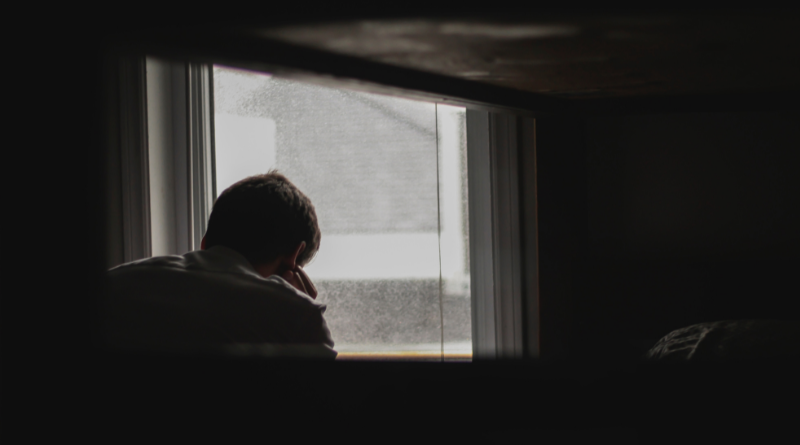Mental health problems – don’t suffer in silence
One in four people are affected by mental health problems. You’re not alone and help is available
What are mental health problems?
Mental health problems affect the way people think, feel and behave. It can include anything from everyday worries we all experience to serious longterm conditions, and everything in between.
It is hard to get accurate statistics on mental health in the UK. However, mental health charity MIND are probably the best at bringing them together. They estimate that 25% of Brits will experience mental and emotional distress at some point in their lives. Surveys have shown that mental health problems affect 10% of children and young people. And further studies have shown that 75% of mental health problems are established by the age of 24 – making early intervention beneficial to good mental health during adulthood.
Mental health problems are generally divided into common mental health problems and severe mental health problems. Common problems include disorders that can be seen as extreme forms of ‘normal’ behaviour, such as depression, anxiety and panic. Severe problems include eating disorders, schizophrenia, personality disorders and bipolar disorder.
Mental health problems often contribute to symptoms, feelings and behaviours such as panic attacks, self-harm, suicidal thoughts and psychosis.
What causes mental health problems?
There are SO MANY things that can cause poor mental health. A combination of factors can contribute to the development of disorders, and everyone reacts to things differently, and that’s ok.
Below are examples of things that could trigger a period of poor mental health:
- Childhood abuse, trauma or neglect
- Loneliness and social isolation
- Suffering social stigma and/or discrimination
- Social disadvantage such as poverty, debt or poor housing
- Longterm physical health problems
- Drug and alcohol abuse
- Bereavement/grief
- Changes in friendship groups
- Puberty
- Exam pressure
- Family changes such as divorce, new siblings and moving house
- Sexual maturation and development (including discoveries about sexual orientation)
- Transitions such as school to uni, or uni to work
- Severe or longterm stress
What to do if you think you have a mental health problem
If you suspect you are suffering from a period of poor mental health, seek help. You are not alone, and you are not unusual. The sooner you seek help, the sooner you can be mentally healthy. Good mental health increases your ability to:
- Make the most of your potential
- Cope with life
- Play a full part in your family, school/workplace, community and friendships
If you’re not experiencing severe symptoms such as psychosis (a loss of contact with reality) or suicidal thoughts and feelings, the best place to start is your GP. Your GP will probably be able to diagnose common mental health problems after one or two appointments. For more severe problems you will be referred to a mental health specialist, such as a psychiatrist.
Your GP will have information about support services in your area, including community mental health teams, social care, residential care, crisis intervention and hospitals. There are many listening services you can call if you’re worried about your mental health and want advice and support. In fact, they’re probably a very good place to start. Don’t suffer in silence!
Fumble recommends:
- Samaritans (116 123)
- SANE (0300 304 7000)
- Switchboard – The LGBT+ Helpline (0800 0119 100)
- C.A.L.L. (Wales) (0800 132 737)
- Nightline (Offered by some colleges and universities)
If you are experiencing a crisis and feel you are at immediate risk, go to the A&E department of your local hospital or call 999. If you’re not sure whether you’re in an emergency, call NHS 111.
Treatment
The most common forms of treatment available on the NHS are talking therapies and medication. Alternative treatments include arts therapies and complementary therapy. Finding the perfect treatment plan for you can take some time, but your doctor and local support services will be on hand to guide you through all the options.
In addition to therapies and medicine, many people find self-care techniques can help lessen the effects of the symptoms of poor mental health. Simple ways to improve your self-care include:
- Nourishing your social life
- Looking after your physical health
- Trying mindfulness
- Using relaxation techniques
- Contacting specialist organisations such as YoungMinds, MindOut or No Panic
Many people recover from mental health problems – they come and go. Recovery is a journey, and will often require you to find ways to adjust your life to deal with your problems as they arise. Though your symptoms may reappear, you’ll be able to take control with the self-care and treatment options that you’ve found work best for you.
Other support
Read more
Last Reviewed 6 September 2023
Image Credit: Andrik Langfield via Unsplash





